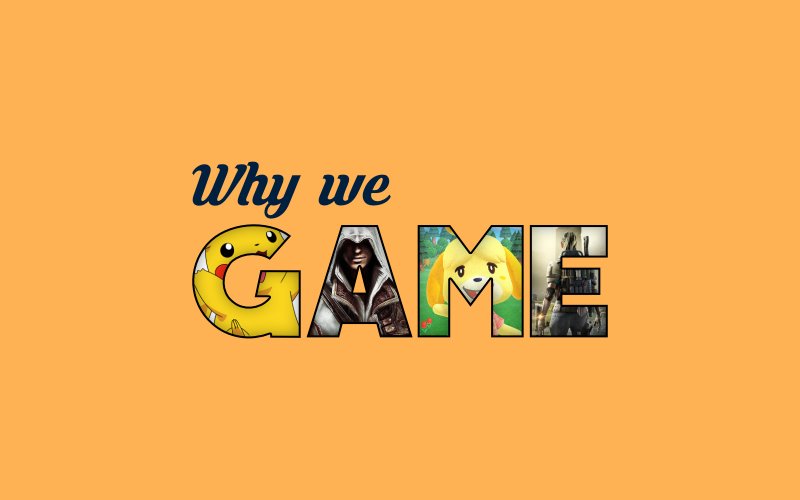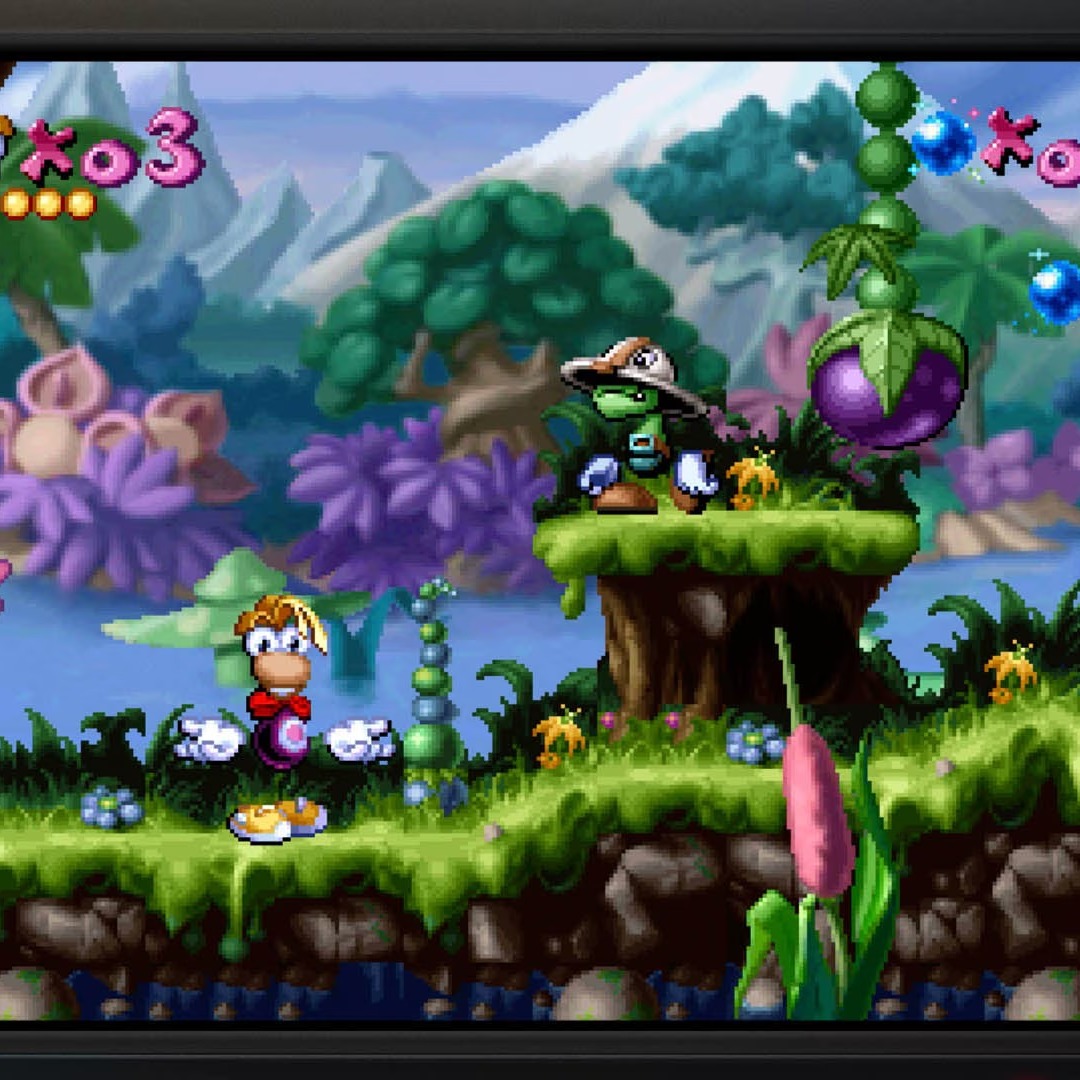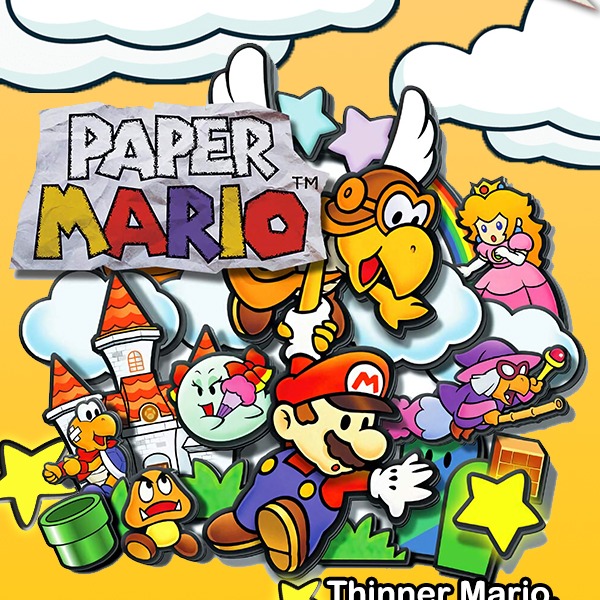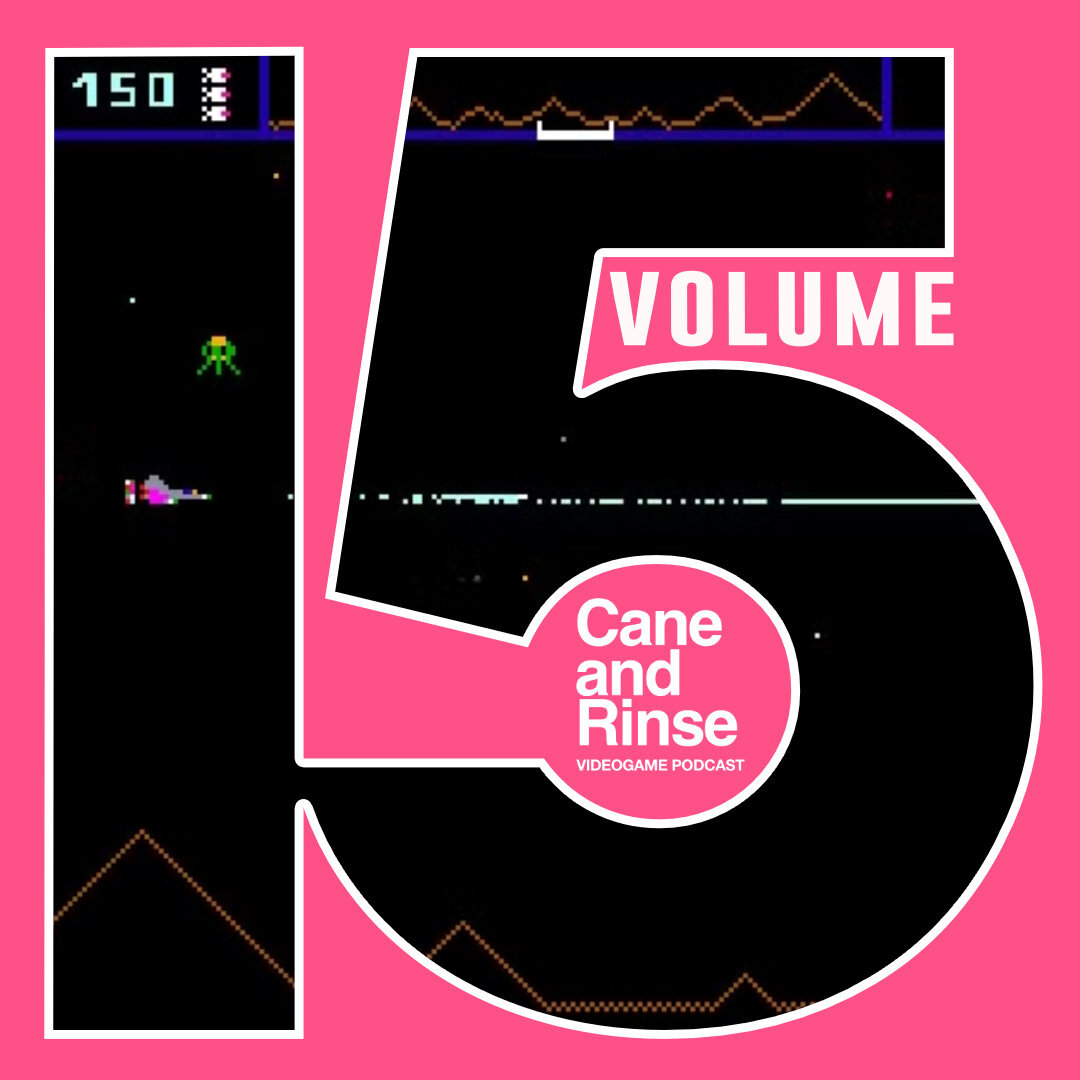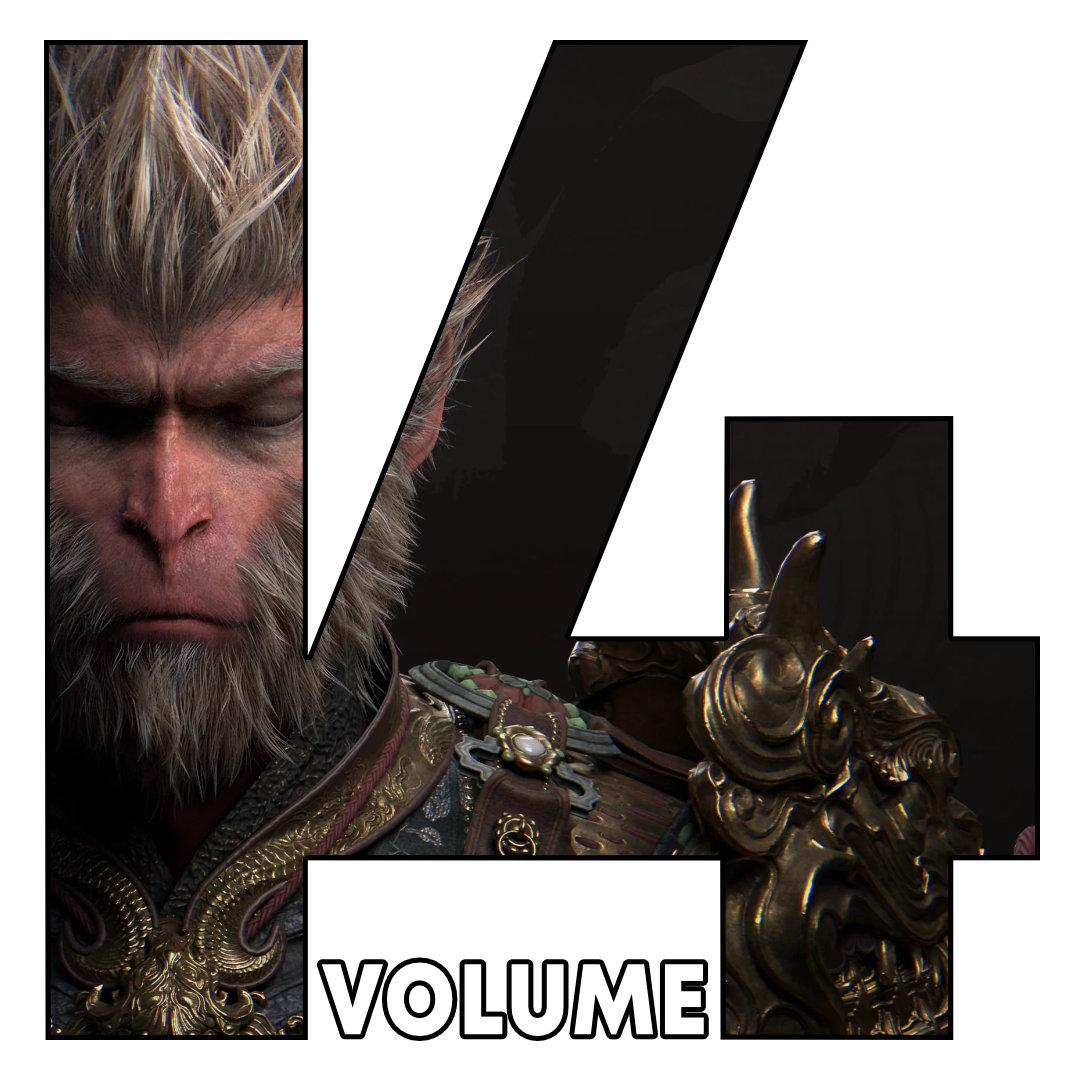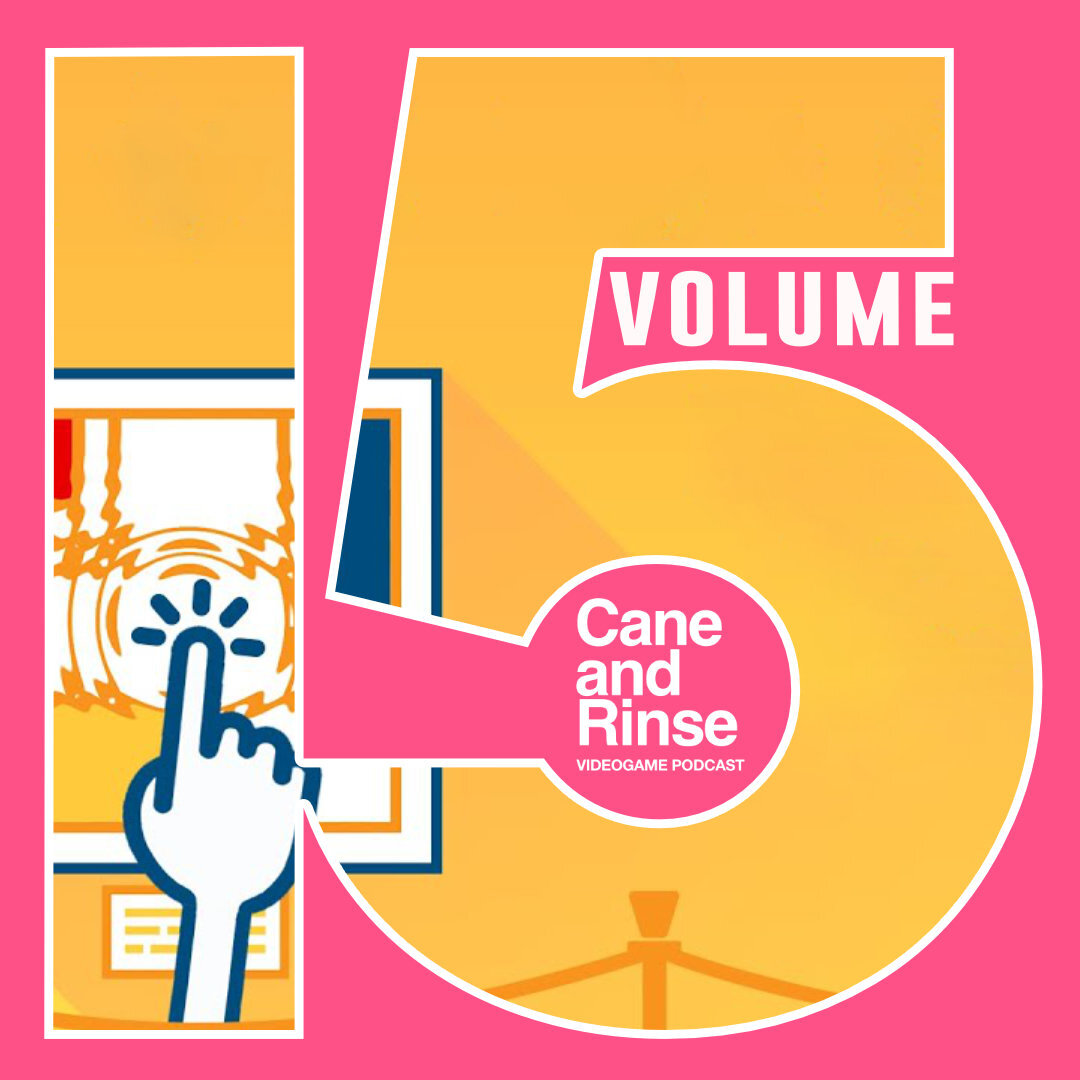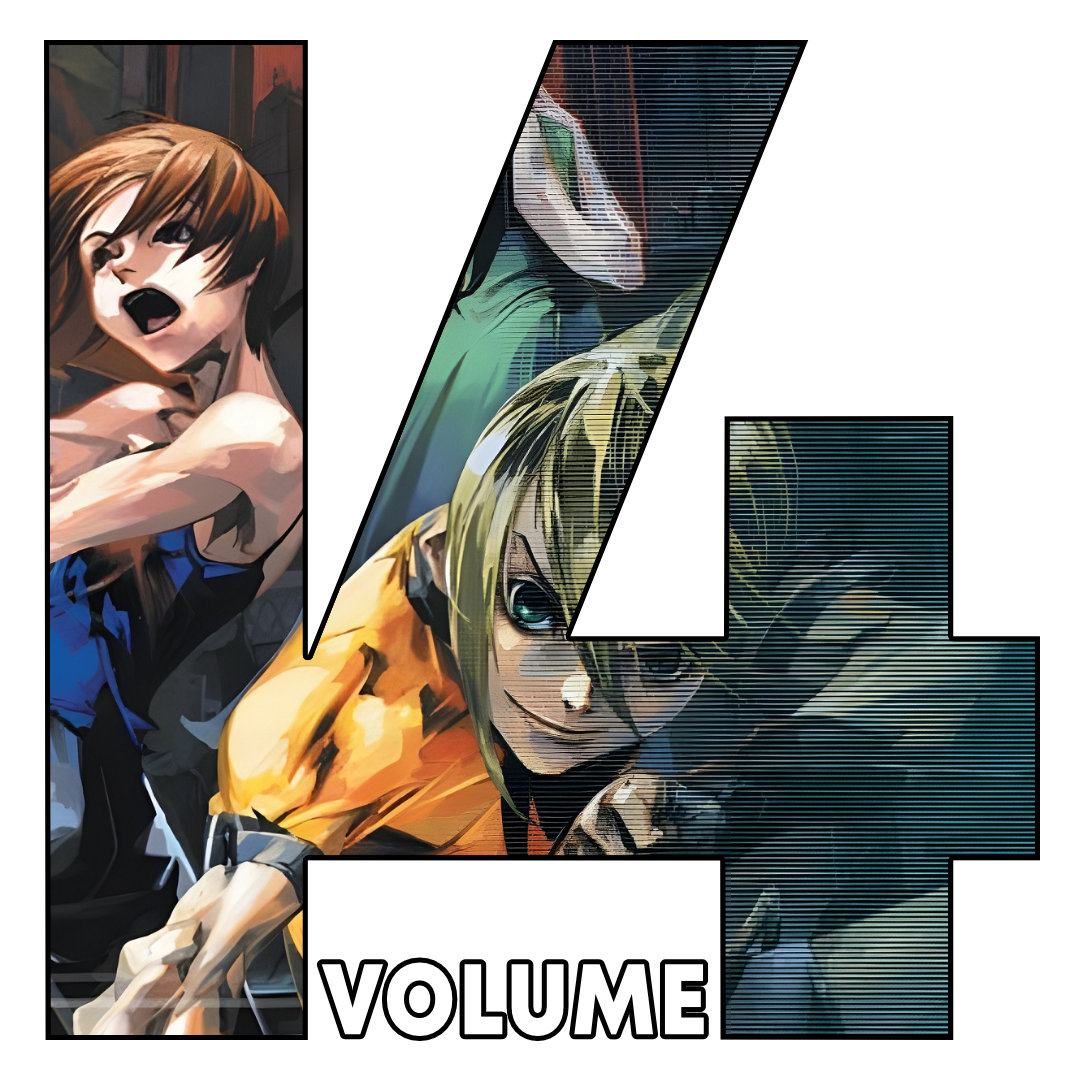This is a call to arms. A battle cry. An appeal for us to stand up and be counted, says Christopher Worthington
When I say “us” I mean the likes of you and me. For I suspect that, by the very fact you are reading this on this website you are like me, and you love videogames.
However, if you are anything like me, you may feel a little uncomfortable about it. Despite having a sizeable collection of consoles, computers and games which is precious to me and despite being a host of a successful podcast, I find that I don’t really talk about videogames in everyday life.
I’m not embarrassed about the hobby I feel so passionately about, but if I do talk about it, I find I lower my voice and adopt a self-deprecating tone: “I just never grew up”, “I don’t play that often”, “It’s just nostalgia”; yes, I’ve said them all.
I’ve often thought about why but I’ve never really arrived at a satisfactory conclusion. I had learned to accept the fact that I will never openly talk about my medium of choice in the same way as friends and family talk about cinema or music. Think about it. We are often labelled “gaming geeks” while people who love movies are called “movie buffs”. One is pejorative, the other is not. Not for much longer.
The ongoing Covid-19 pandemic has changed the world and the way we live. We all know that. However, although in my view that it hasn’t changed gaming, it has changed the way people view gaming. We had gaming being called “a lifeline” or “the perfect escape” during lockdown.

In March 2020, pretty much overnight, millions of people around the world were largely cut off from family and friends. Gamers pretty much carried on as they were. Those of us who participate in online gaming communities mainly do so without physical contact with or proximity to others. Those friendships and social connections continued without interruption throughout lockdown.
Even friends of mine who have demonised videogames and vowed never to allow their children to go anywhere near them have told me how, without videogames, they would never have been able to work at home and keep children entertained. My own children have managed to maintain, strengthen and build new friendships by playing games online. For them it was, and still is, a link to the world that cannot be taken away.
Videogames as an escape is nothing new. Gamers have been escaping to far away worlds or alternative pasts or futures for decades, but never has it been so necessary. Back in March 2020’s ‘first lockdown’, I started playing Assassin’s Creed and, while the simple gameplay loop got tiring pretty quickly, escaping to that world after a day of worrying news headlines never did. We only need to look at the staggering success of Animal Crossing (31 million units sold as at the end of 2020) to see what we needed during those darkest months, the difference is that this time the world joined us.

We are experiencing a step change in the way society views videogames; even the BBC is reporting on videogames stories (and in a positive light)!
We were there before that and for that we should feel proud. I can’t promise that I won’t use hushed tones the next time I’m having a conversation about my hobby in public, but I can promise that I’ll try not to.
I’m proud to love videogames and I’m proud of how my medium of choice is helping millions of people cope with a situation not faced by society for generations.

